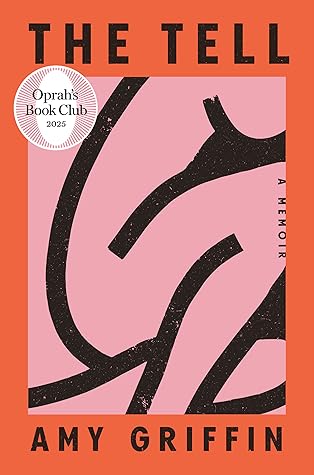More on this book
Community
Kindle Notes & Highlights
It wasn’t about the cake. I always ate the cake. I ran because I was afraid of what I would feel if I sat still.
We talk about people being in denial as if it were a choice, a voluntary state. Like you can just snap your fingers and it’s over, easy as waking up. But it’s not like that. Denial is not a switch that can be turned off and on. Denial is a glass case that must be shattered before you realize you were trapped inside it in the first place.
But at some point I had come to believe that I was loved not for any inherent worth but because of all my accomplishments. With each new accomplishment came more praise; that praise, I thought, was love. Yet I burned through the praise so quickly: There was never enough to sustain me. I was constantly looking for my next hit of validation.
Perfection is a lonely pursuit.
It was a reminder that multiple stories could be true at the same time, that we select our narratives in accordance with how honest we want to be and how honest we can be with ourselves.
“It’s not rewinding,” she said. “It’s rebecoming. You have always been your essential self. You just have to remember.”
“We don’t recognize how much we carry our experiences in our bodies. If something is coming up”—she looked at me—“it has to come out.”
Isn’t life funny that way? You start off running from something, the point where it all began, and then, as it approaches on the horizon, you realize that you haven’t been running from it at all. You’ve been running toward it.
had been holding on to my denial like a life raft for so many years, certain that if I let go, I would drown. It was only once I finally did that I could allow the truth to take shape. And now, fully submerged, I found that I could swim—that I was just fine in these waters.
The only thing that had been waiting for me there was myself.
“For starters, memory involves three phases: encoding, storage, and recall. First, let’s talk about encoding. For example, just now, you were probably noticing some things about me, including what I’m wearing, but not every detail of that, right? The term ‘encoding’ refers to how different kinds of input are processed by the brain and converted into a neural code, which can then be stored. But only some of what’s experienced—basically what gets your attention and is significant to you in that moment—gets encoded into your short-term memory, and your short-term memory only lasts about thirty
...more
just because something is strongly stored in your memory doesn’t mean that it will be recalled later, or ever. That’s because storage and recall are different memory processes. Recall only happens when the conditions are right.”
Just because you couldn’t recall your trauma on a conscious level doesn’t mean it hasn’t always been there, affecting your life.”
Abuse, I was beginning to understand, was a tangled mess of shame and silence. The abused learn early that survival sometimes means protecting the secrets of their abusers.
My vulnerability was not a weakness. It was the greatest gift I could give them.
Remembering isn’t something you do just once. Remembering is a practice. It is something you have to be brave enough to do over and over again.


